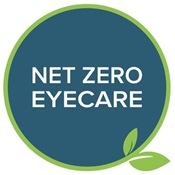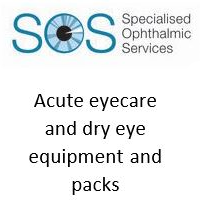Professional Matters Optometry & Dispensing
National MRHA Safety alert on IOL Types
EyeCee One intraocular lenses
The Medicines and Healthcare products Regulatory Agency (MHRA) has issued a patient safety alert after becoming aware of cases of increased intraocular pressure in people recently implanted with the following IOLs only:
- EyeCee One preloaded,
- EyeCee One Crystal preloaded.
This alert has been issued following consultation with the Royal College of Ophthalmologists, The College of Optometrists and the National Clinical Director for Eye Care.
At this stage primary eye care providers should:
- read this MHRA notification and the NPSA
- advise anxious patients that plans are being put in place to review everyone who received the IOLs in question
- direct people who are concerned to their cataract clinic and reassure those not affected by this product
- record any advice given on the record card
- continue to see patients as you would normally – for example if somebody reports a concern, you can see them early and refer appropriately.
This is an evolving situation, and Opchat News will will share the latest developments with you as received
All clinics are in the process of contacting the people affected and will arrange an IOP assessment within the next couple of weeks. The recalled IOLs have been used in around 5% of procedures in the UK in the last four months. So the majority of people who have had cataract surgery over the last four months will be unaffected.
Please reassure patients that all clinics are working to contact everyone affected.
We understand that about 51 clinics are affected across the UK, including both NHS and NHS independent providers, and around 6,000 to 10,000 people may have been fitted with these implants.
An MHRA notice to stop implanting the device was issued last week, so the use of this implant has been paused whilst there is an investigation.
Local cataract providers and pathways may arrange for patients to have IOP monitored and reported in primary care optometry following an agreed clinical protocol with appropriate funding.
Where necessary, optometry practices will be given more information by the cataract service provider making the arrangements.
It is vital that all optometrists follow this advice to:
- ensure people who need additional care receive it as soon as possible
- provide appropriate reassurance to people unaffected
- ensure that ophthalmology departments are not swamped with patient enquiries from people unnecessarily.























